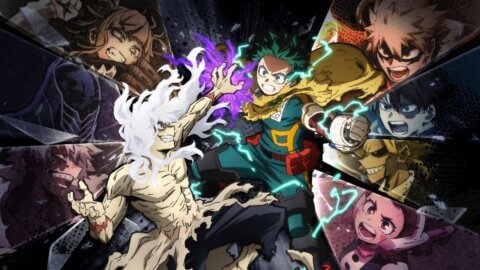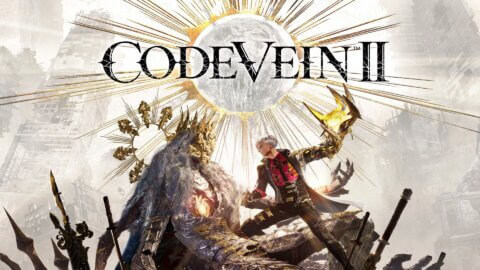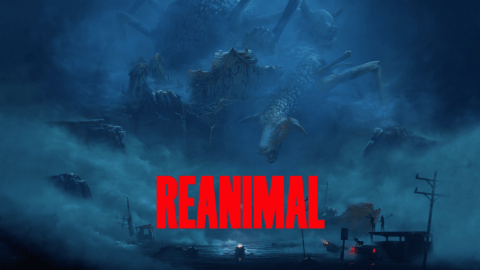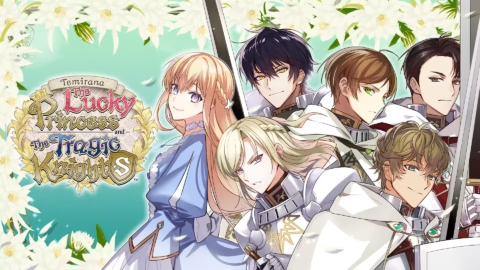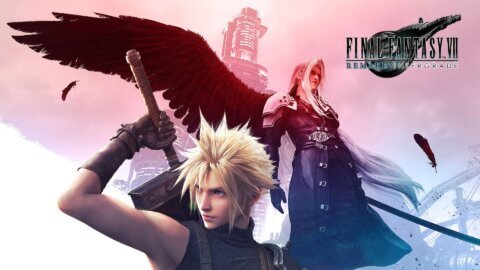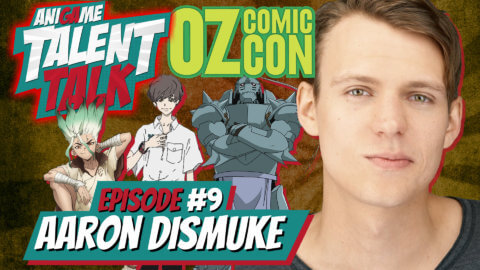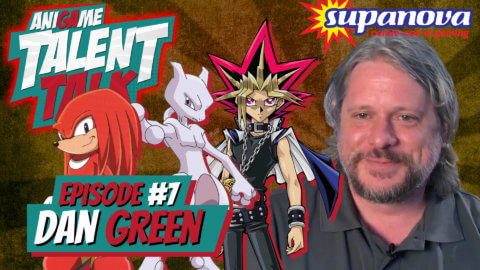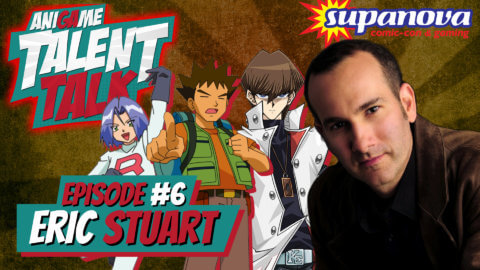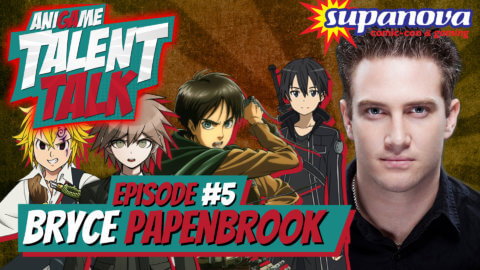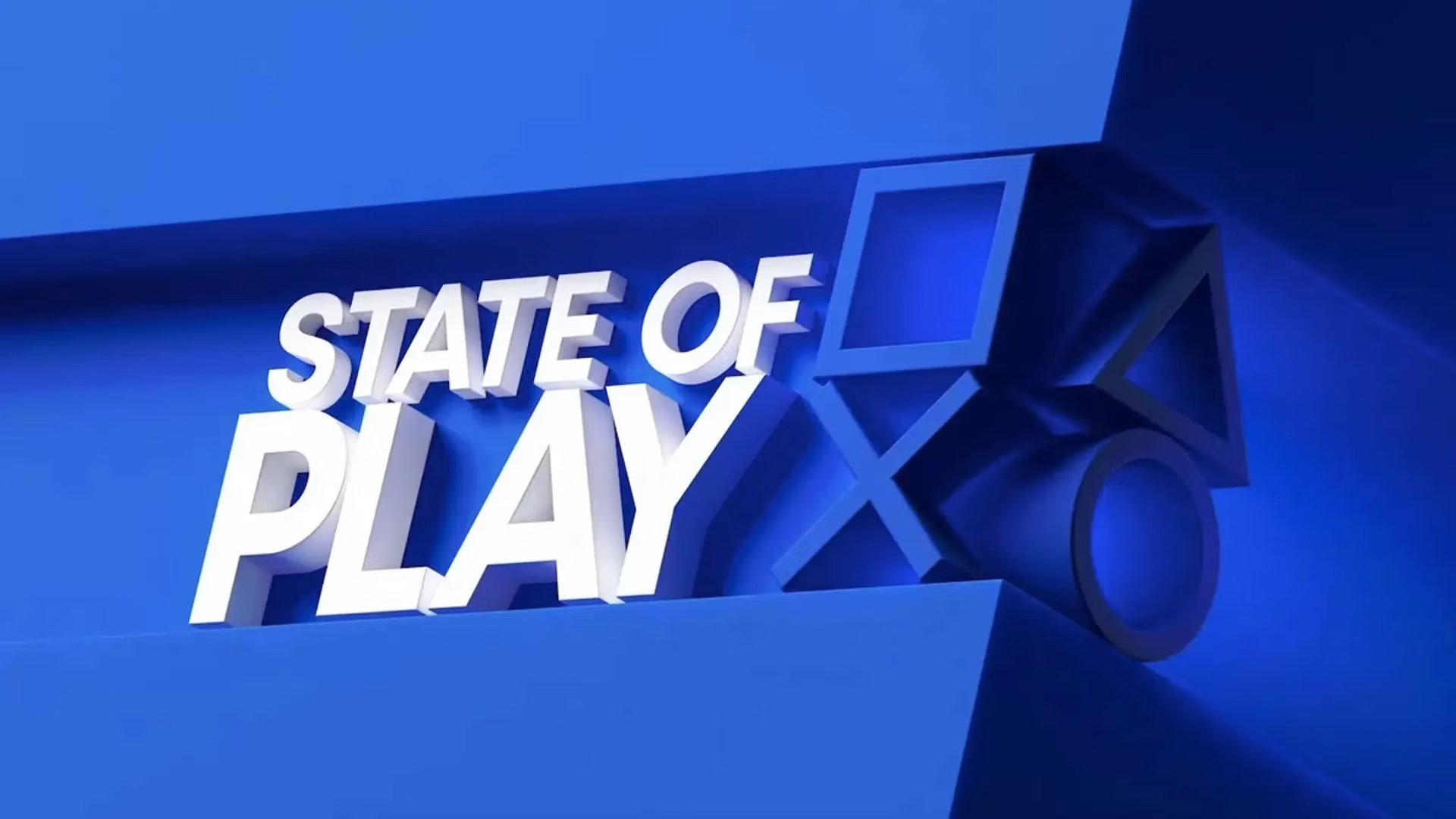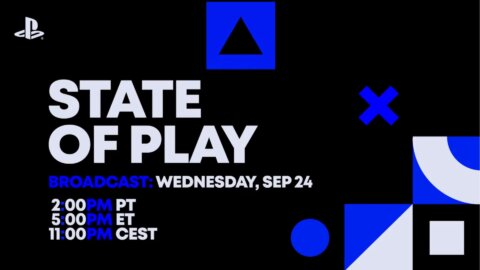Heart Machine and Devolver Digital teaming up for a new game is an instant attention grabber for me. Heart Machine, the studio behind Hyper Light Drifter and Solar Ash, has built a reputation for fast-paced action and striking visual design, while Devolver has long been the champion of weird, bold indie games that don’t play by anyone’s rules. Their collaboration on Possessor(s) had my interest from the moment I first discovered it, and now that I’ve played through it, I can say this 2D action-adventure with heavy Metroidvania elements delivers a tough, stylish, and deeply satisfying experience. This is one of those games where you can feel the craft and attitude in every frame. It’s slick, challenging, and full of personality, even when the story doesn’t break new ground.
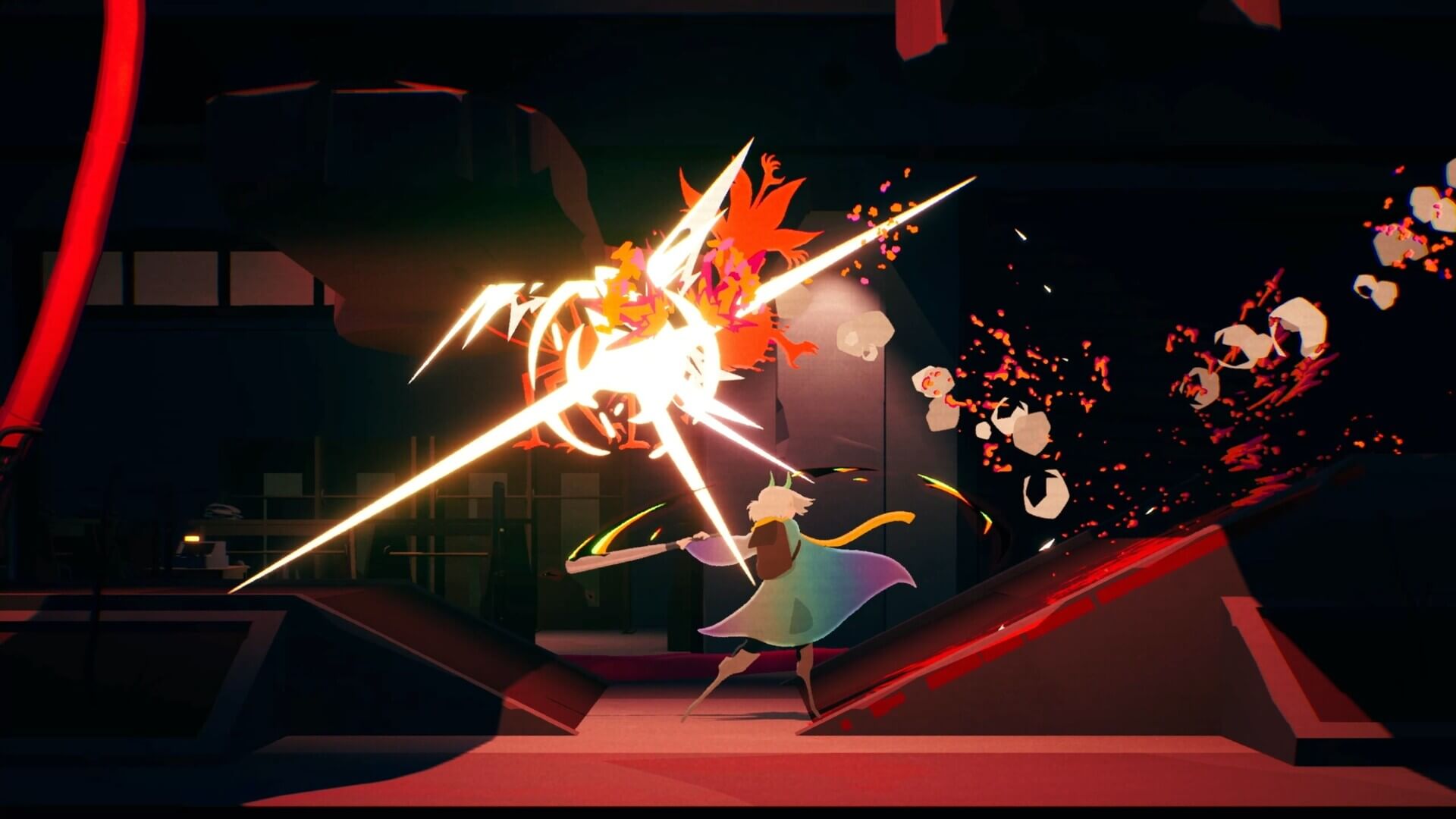
You play as Luca, a young woman living in a sprawling mega-city ravaged by an apocalyptic event. Within minutes of starting the game, Luca loses her legs during a violent encounter and finds herself on the brink of death. In desperation, she makes a pact with a demon named Rhem, he restores her ability to walk, but the cost is steep, he gets to live inside her mind, literally possessing her body. It’s a grim setup, but it’s also the start of one of the game’s most interesting relationships.
At first, their bond is purely transactional. Luca needs Rhem to survive; Rhem needs her as a vessel. They don’t trust each other very much,and why would they? He’s a demon with his own agenda, and she’s clinging to what’s left of her humanity. But what surprised me was how their dynamic evolved over time. As they journey together, surviving the chaos of the ruined city, the walls between them start to crumble. They begin to share memories, regrets, and fragments of who they were before everything went to hell. By the end, their partnership feels earned, messy, but real.
It’s these character moments that really worked for me. The dialogue between Luca and Rhem is sharp, sometimes funny, and often poignant. You feel the tension and unease between them, but also the reluctant bond that grows out of shared struggle.
The broader story, on the other hand, didn’t grab me quite as much. The overarching plot involves a mega-corporation called Agradyne, whose experiments with demonic energy triggered the apocalypse and corrupted the city. It’s your typical “evil corporation ruining everything” setup, and it unfolds in a fairly predictable way. I didn’t mind it too much, it serves its purpose, but it’s the personal stories and character interactions that carry the emotional weight here, not the grand conspiracy plot.

If the story occasionally falters, the gameplay more than makes up for it. Possessor(s) is at its best when you’re slicing through enemies, chaining dodges, and exploring its gorgeous environments. The combat is fast, fluid, and incredibly satisfying once it clicks.
Luca’s basic attacks are snappy, responsive, and full of impact, but the real depth comes from the game’s special weapon system. Each special weapon operates on a cooldown that only refills when you land regular attacks, which means you’re constantly balancing aggression and defense. You can’t just spam your big moves, you have to earn them by keeping the pressure on. That loop, attack, build energy, unleash power, gives every encounter a rhythm that’s addicting.
You also get a good amount of freedom in how you build your loadout. Different weapons and gear pieces come with unique perks, so you can tailor your playstyle to favor speed, power, or survivability. I found myself constantly switching setups depending on the area or boss I was facing.
And speaking of bosses. The boss fights are some of the most memorable parts of Possessor(s). Each one is distinct, both visually and mechanically. The art direction of these enemies is eye catching, with surreal, grotesque designs that feel like twisted extensions of the world around them. But what I loved most was the way each fight demanded patience and precision. Bosses hit hard, and you can’t just hack your way through. You need to learn them, memorize their patterns, anticipate their attacks, and time your dodges and parries perfectly. Most of them took me a few tries to conquer, but every victory felt earned. That sense of learning, improving, and finally overcoming the challenge was incredibly rewarding.
Like any good Metroidvania, Possessor(s) thrives on exploration and discovery. The game’s world is laid out in a large interconnected map, with new areas becoming accessible as you gain new abilities and tools. The environments are varied and visually distinct, which kept the experience from ever feeling repetitive. You’ll move through derelict cityscapes, glowing industrial tunnels, lush overgrown ruins, and other beautifully rendered zones. Each biome pops with its own color palette and atmosphere, and the transitions between them feel seamless.
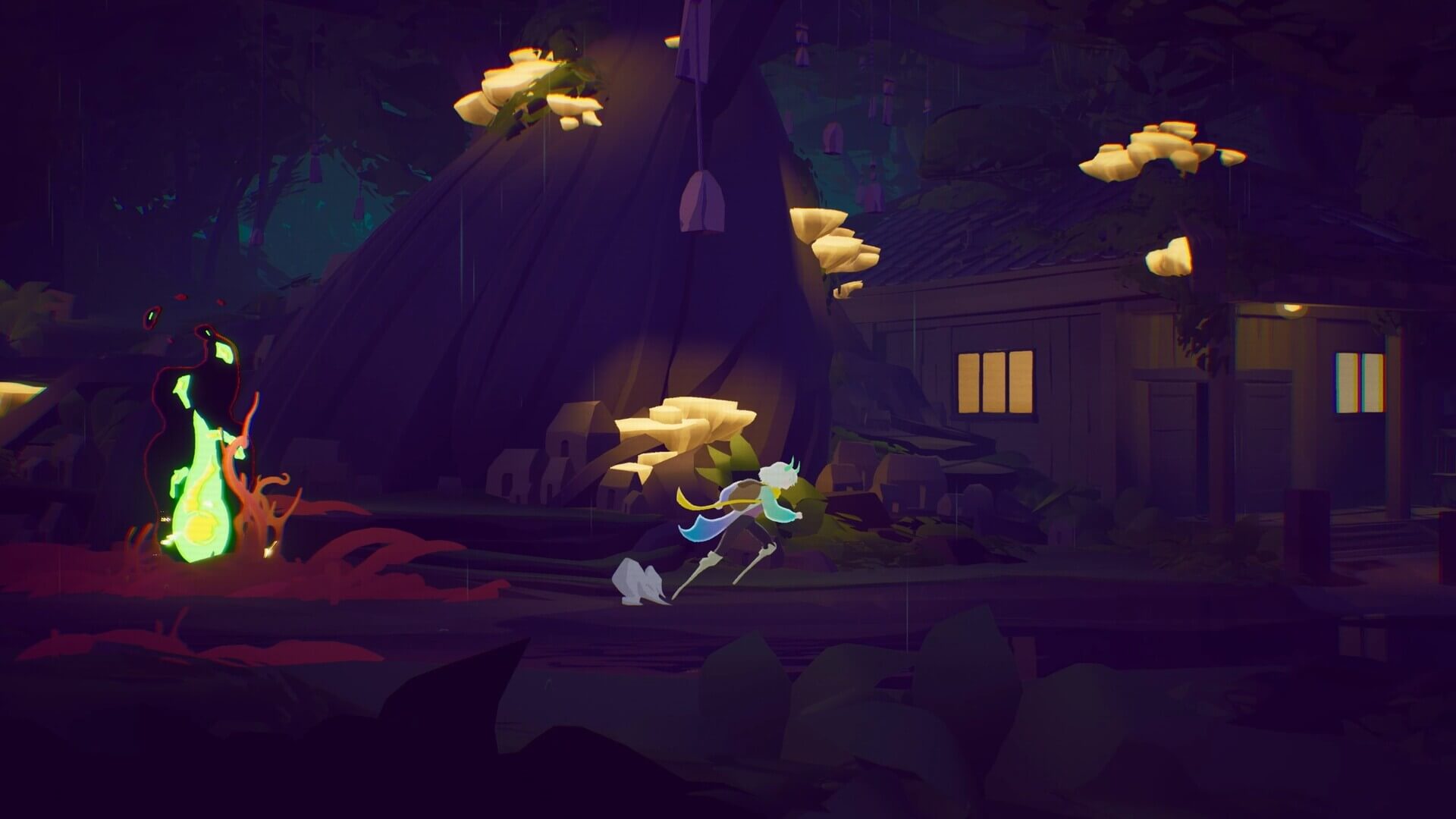
One of the things I appreciated is that the game doesn’t constantly hold your hand. After a short tutorial, you’re basically free to tackle your objectives in whatever order you like. That freedom can be refreshing, but it can also backfire. More than once, I spent a good chunk of time wandering into areas I wasn’t yet equipped to handle, only to hit a literal or figurative wall and have to backtrack. It’s the kind of open-ended design that encourages exploration but can sometimes make you feel lost. A bit more guidance, even subtle hints, would’ve helped smooth out those moments where I was clearly not supposed to be there yet. Still, the sense of discovery outweighs the occasional confusion. Finding shortcuts, unlocking new traversal abilities, and revisiting old areas with fresh powers always gave me that classic Metroidvania thrill.
Heart Machine’s art direction is as impressive as ever. Every frame of Possessor(s) feels deliberate. The 2D character art, the backgrounds, the fluid animations, it all comes together to create a striking, cohesive world. The main characters and even the side characters are drawn with personality and subtle expression. You can tell this team knows how to make a game look good.
One thing I did find myself wishing for, though, was voice acting. The writing and dialogue are already strong, but hearing those lines delivered by great voice performances would’ve elevated the storytelling so much more. I get that this is a smaller-scale title, around a $25 game, so it might not have been feasible within the scope or budget. But it’s hard not to imagine how much more impactful some of those emotional moments would have been if the characters had actual voices behind them.
That said, the lack of voice acting doesn’t mean the game is silent. Far from it. The sound design is excellent. The soundtrack swings between moody, atmospheric pieces during exploration and pulse-pounding, high-energy tracks during combat. Every slash, impact, and parry has weight. The sound of Luca’s weapons cutting through enemies is crunchy and satisfying, adding another layer of immersion to the already dynamic combat.

Final Thoughts
Possessor(s) is one of those games that sticks with you more for its moment-to-moment experience than for its overall plot. The story’s corporate-villain angle is serviceable but nothing new, what makes it special are the characters, the world, and the combat. Luca and Rhem’s journey from reluctant partners to something resembling mutual understanding gives the story its heart. The fast, stylish action and demanding boss fights give it its soul.
Even when I got lost, even when I died to the same boss five times in a row, I kept wanting to push forward. Because when Possessor(s) is firing on all cylinders, when you’re in that flow of dodging, countering, and tearing through enemies, it’s an absolute rush.
If you come for the story, you might stay for the characters. But if you come for the gameplay, you’ll probably lose yourself in it for hours. It’s not perfect, but it’s confident in what it’s trying to be, and that’s what makes it worth playing.
A PS5 code was provided by the publisher for the purpose of this review.
If you want to see more content like this and never miss one of our frequent gaming and anime giveaways come and Follow Ani-Game on Twitter.
8.5
- + Great artistic direction
- + Well written character dialogue and interactions
- + Challenging boss encounters
- + A combat system that’s fun to adapt to and master
- - Generic overarching plot. Though does have interesting characters
- - Storytelling would have been elevated with voice acting
- - Unclear progression paths result in getting lost at times
